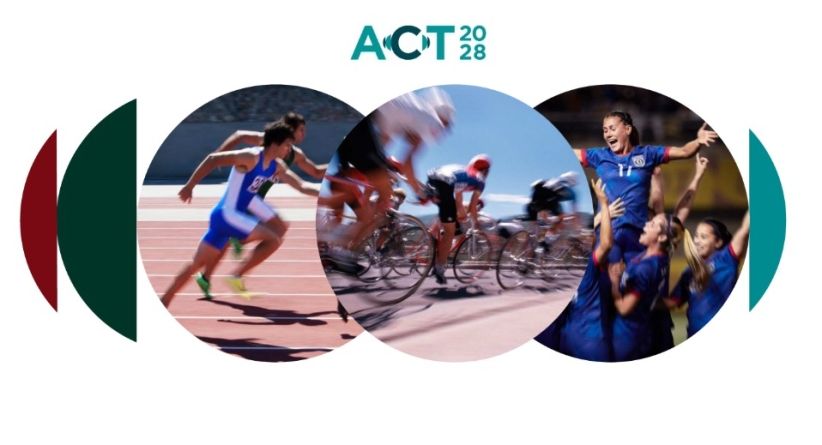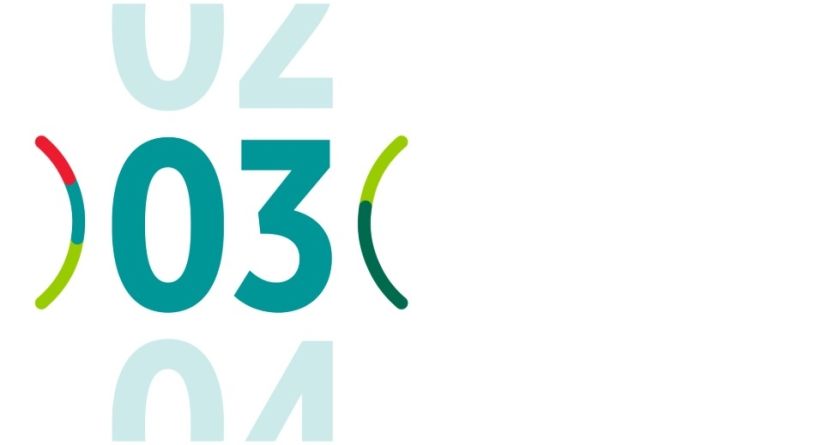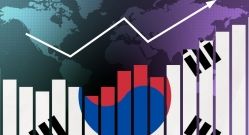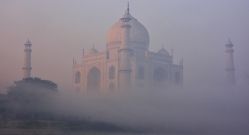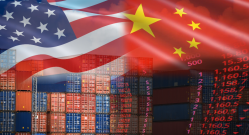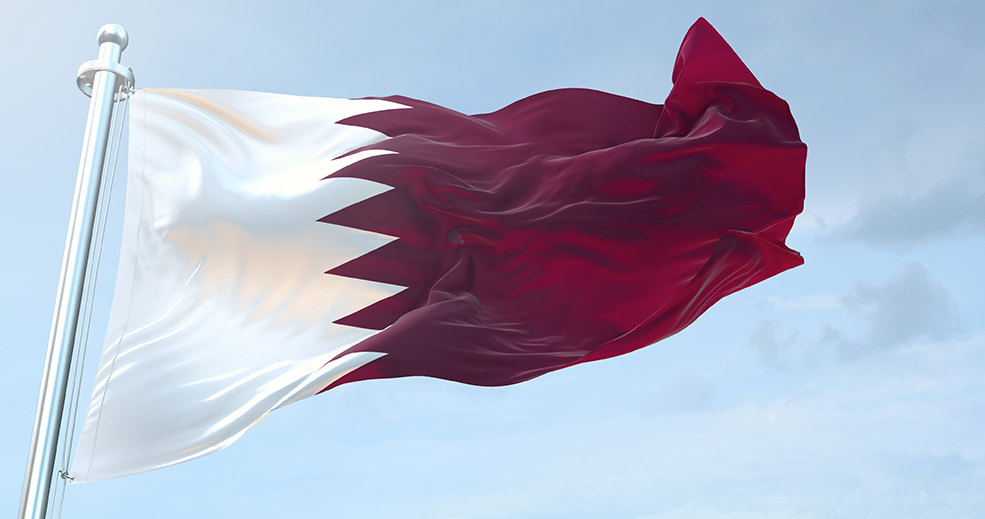
Qatar: what can we say about the host of this year’s football World Cup?
What do we know about Qatar, the country that’s hosting the world’s top footballers for a month for the football World Cup? Apart from the fact that it’s a rich oil emirate in the Persian Gulf, probably not much. So let’s take a few moments to find out more about this small peninsular country to the east of Saudi Arabia, which has a population of 2.9 million and 90% of whose border is maritime.
A recently created country, Qatar became truly independent in 1971 when it gained UN recognition. It has been governed by the Al Thani family since the late 19th century. The Emir Tamim Al Thani, 42, has ruled the country since 2013, when he succeeded his father. Qatar is a hereditary absolute monarchy where all ministerial posts are held by members of the ruling family. However, it adopted a constitution in 2004 and has a 45-member Advisory Council (Majlis as-Shura), 30 of whose members have been elected since 2021. Political stability is thus assured by the fact that power is passed on from one monarch to the next.
The most striking fact about Qatar is that it is the world’s richest country, with a 2021 GDP of $180 billion, which translates into an impressive $115,000 per capita on a purchasing power parity basis (2022 estimate). This figure is calculated across the entire population, though Qataris themselves number only about 300,000: 90% of the population is foreign.
Qatar’s wealth is mainly derived from gas, not oil. It is the world’s fifth-largest producer of natural gas but its number one exporter of liquefied natural gas (LNG), with the world’s third-largest proven natural gas reserves. Although highly reliant on hydrocarbon income, it has, over the years, successfully diversified into services and construction. Services account for 44% of GDP, while manufacturing has plateaued at 6%.
After three major crises, one of them geopolitical, affected Qatar’s gas income and tourism sector – the drop in hydrocarbon prices in 2015, an embargo by the United Arab Emirates and Saudi Arabia from 2017 to 2021 and the twin Covid and oil crises in 2020 (when oil and gas prices fell and tourism ground to a halt) – the political and economic outlook is brightening for Doha.
Following a year of post-crisis economic recovery in 2021 (Qatar came out of recession but its GDP grew by only 1.6% – not enough to make up for the recession in 2020, when GDP shrank 3.6%), 2022 looks to have been a much better year, with growth expected to come in at 5.5%. Growth has been driven by the non-oil sector for several years now. Despite the steep rise in oil prices to over $100 a barrel, the same will be true in 2022 thanks to a sharp rise in domestic consumption and government investment. As regards exports, 69% of Qatar’s customers are in Asia: its top export destinations are Japan (18%) and South Korea (16%). Only 15% of its exports are to European Union (EU) countries and the United Kingdom. This distribution could change in the future given the EU’s desire to offset halted Russian gas imports with supplies from the Gulf and particularly Qatar.
High export and tax receipts in 2022 will help the country reduce its debt – good news after successive crises caused the latter to balloon.
Qatar also accepts its role as a tax haven: with no VAT or income tax, state revenue relies on hydrocarbon taxes, which account for as much as 80% of total revenue, while corporate income tax is capped at a meagre 10% of profits.
Against the political and geopolitical backdrop of the Middle East and the Gulf states, Qatar intends to carve out its own role, opening up to the world by making large, highly visible investments in the West, for example in football clubs and cultural venues, through its national media operator, news channel Al Jazeera, and by hosting this year’s football World Cup. Lastly, it has a very strong desire to be independent, both in its relations with its neighbour Iran and in its support for transnational political Islam.

